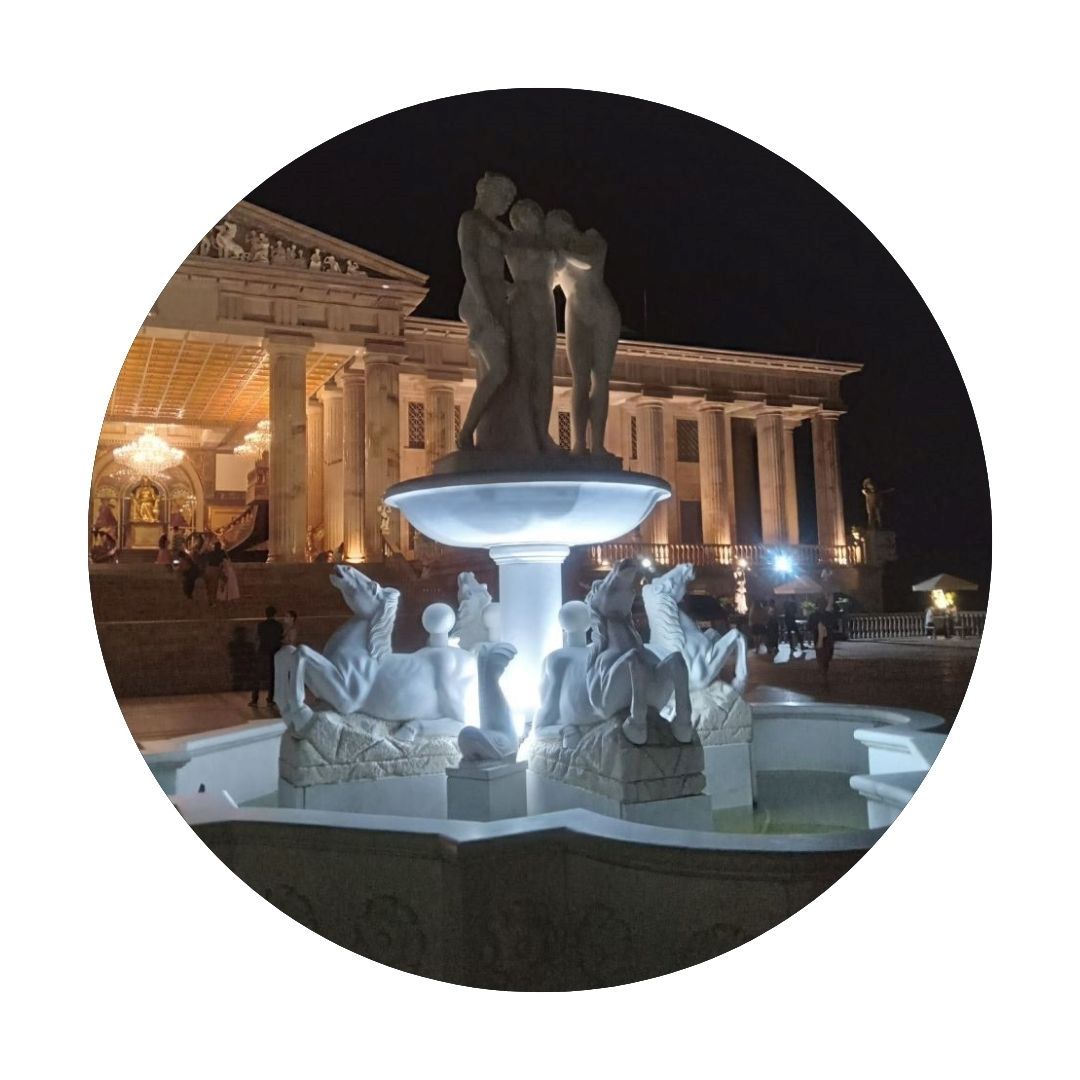TheLitPerspective is your one-stop shop for everything that ignites the spark of curiosity within you.
What Even Am I? Ideas on Where the Self Comes From

Photo by Min An
The question of identity is both a personal inquiry and something that the whole of humanity should grapple with, especially since the fears of artificial intelligence corrupting society are growing day after day.
Identity is a very tricky and complex subject. One that’s been a central concern for philosophers and psychologists ever since the question was first asked. What is identity? Where does it end, and where does it begin?
Ideas on Where the Self Comes From
Answers to the question of identity are as complex as the question itself. This is because plenty of the possible answers can and do intersect with several spheres of consciousness, memory, morality, and society.
As such, we will focus primarily but only vaguely on the philosophical and psychological foundations of identity.
What Even Am I According to Philosophy
Being a discipline primarily concerned with questioning the world, philosophy has plenty of answers as to what the self is.
One of the earliest and still most influential ideas was proposed by Plato.

Photo by cottonbro studio
For a lot of ancient cultures and even modern ones, the existence of a soul is more or less taken for granted. This was the view of Plato’s as well. He speculated that individuals had souls that bore their true essence. Souls are what makes you “you.” In his many writings about it, Plato argued, similarly to a lot of people at the time, that the soul is undying and immaterial. It was the invisible substance that connected body and mind while existing independently of both.
Like so many others before and after him, Plato’s soul was spiritual; thus, it went beyond mere physical existence.
Several hundreds of years later, John Locke would posit a contrasting perspective. Where Plato argued that identity was downstream of a fixed internal entity, Locke emphasized consciousness as the anchor that defined one’s identity. In his formulation, identity was tied to experience and memory. Thus, the loss of these two would leave the body a tabula rasa, a blank slate ready to become another individual.
This view stresses the importance of continuity of mind.
At around the same time, roughly some hundred years later or less, another challenger to Plato’s presumption of a fixed self, David Hume, laid out his argument for identity. In a similar vein to Locke, Hume proposed that human identity is merely the summation of one’s perceptions and impressions of the world within and without. Thus, he argued that identity was always constantly in flux. Where Locke said that consciousness was an anchor of the self, Hume basically rebuked any argument that hinged on permanence.
What Even Am I According to Psychology
On the other hand, there is the discussion from the perspectives of psychologists.

Photo by Rakicevic Nenad
The father of modern psychology, Sigmund Freud, proposed that the self was actually an amalgam of several competing unconscious forces, namely, the id, the ego, and the superego. His theory of identity argued that what people called the self was actually an ongoing interplay of several neurological phenomena.
The developmental psychologist Erik Erikson, on the other hand, while agreeing with the schema of the subconscious proposed by Freud, posited that external forces also played a significant role in shaping one’s identity; in particular, he emphasized the great pull that society has, especially in how individuals engaged and interacted with it.
Nowadays, at least in psychology, there is a clear understanding that there are both internal and external factors that push and pull at the mind to create a cohesive identity. Simply put, one is a product of the world within and the world without.
The Intersection of Philosophy and Psychology
While much of this article discusses both the philosophical and psychological bases for identity in separate terms, they are not mutually exclusive. In fact, an understanding of both may very well lead to the factual truth of where the self comes from and what it actually means to have an identity.
Although there is still no definitive answer, it is clear that what the self is is something complex and multifaceted.
For a deep dive into a firsthand account of questioning identity, the non-fiction book My Lost Identity by Donald Marcus Welch is available through the link provided. Click it now!
For more articles about human nature, click this link.

Alex is a writer with two modes: simple and wild. He’s equally at home going either way. He always has something to say and something to offer, even if it’s only after a few minutes of furious googling. He loves reading and writing random stuff in his spare time.







